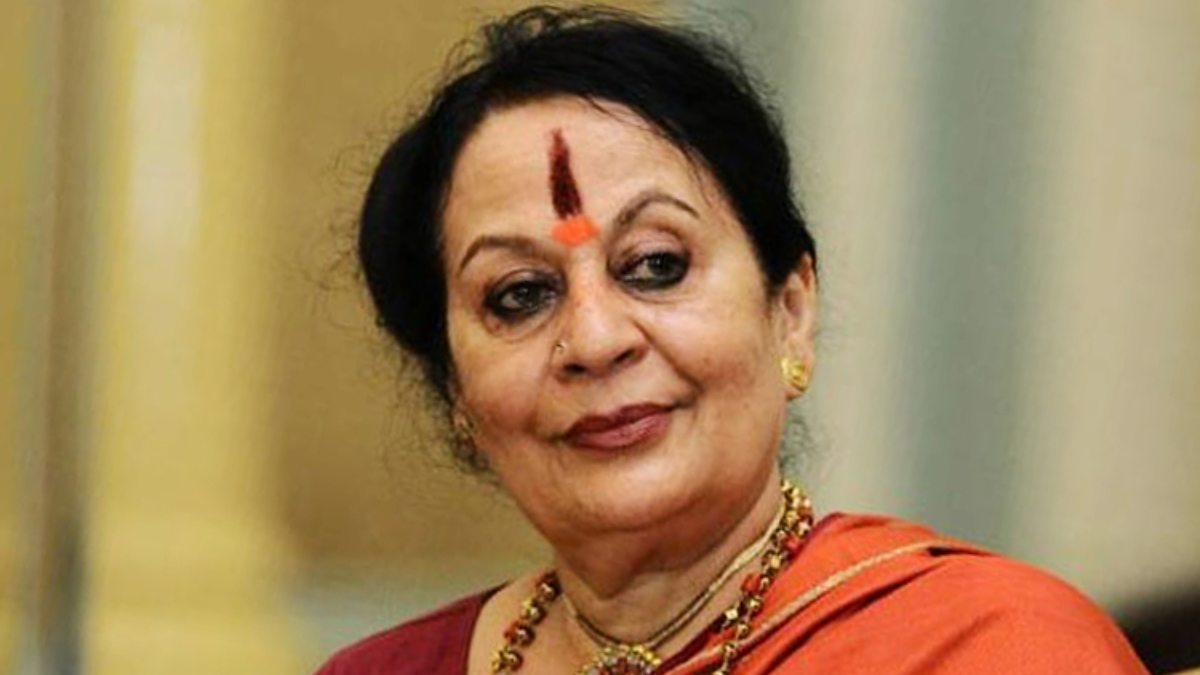
With shows cancelled, no new concerts in pipeline and expectation of free online shows to be the new normal, artists around the world have been seeking special assistance from the government to tide over the present uncertain times. Padma Vibhushan Sonal Mansingh spoke to The Daily Guardian on the letter she wrote to the Prime Minister highlighting concerns of the artists. Edited excerpts.
Q. How do you perceive art space right now and what can the government do to hand hold artists during these uncertain times?
A. Most of us artists — small and big — who are running institutions and groups, are in difficult times. Musicians, of course, have it easier because they have individual students, for classical dancers it is very difficult. The future for artists is not very bright. I have written to the Prime Minister and the Ministry of Culture to highlight the concerns of artists. For folk and tribal groups, the government has a readymade data list and it should continue to ensure ‘utsav’ and festivals are held so that there is not too much of a disruption. It is artists like us who are in the classical genre regarding whom there is so much misinformation that it adversely impacts the possibility of government assistance. The perception is: ‘Oh they are elite artists’, ‘they have everything’ — which need to change. The government has a policy of not including us. Culture is largely an unorganised sector so there has to greater effort to create more structure. To add to this are additional burdens by the Finance Ministry modules in terms of taxation and forms that we are required to fill. In my assessment, the next one year will be very tough for the art landscape.
Q. The government’s apathy towards classical dance and music comes even as there has been so much focus on India’s soft power where culture plays a very pivotal role.
A. Absolutely, 100% there has to be greater push towards culture. But I am against calling it soft power because it gives a wrong nuance. It is hard power that’s how its existed over millennia. Governments have come and gone, buildings have been created and demolished, empires have been built and crashed out, but our culture and traditions are still alive and they mean so much to us. Whether it is music, dance, devotionals, rangolis or festival, culture permeates each and every act in India. Therefore, I call it the hard power. When we talk about artists, let us remember culture is on the shoulders of us artists. Without artists there is no art. If the artists and institutions start to wither where will culture be. There has been so much talk about yoga, especially in the context of projection of India to the world, but nritya yoga — which is dance and meditation — is the greatest. Culture is the soul and beauty of India.
Q. Would you say that you are disappointed about how much importance has been given to yoga and not to other aspects — like classical music and dance?
A. I understand that yoga is something everyone can do, what I am saying is that dance and music are also something that everyone can do. Classical music and dance are part of our tradition, and governments play a pivotal role. How much can an artist do individually, we have always needed a supporting hand, the earth on which the tree of culture can blossom. The kind of prejudiced mindset that hurts culture needs to be broken. It is now or never.
Q. You had mentioned that you had reached out to the PM and his office and to all those involved with policymaking. Any word of assurance that has come in from the government?
A. The first letter that went to the Prime Minister was percolated down to the Ministry of Culture because till then they were sitting quietly and not responding to the concerns of the artists. The suggestions were taken up once the letter was sent. The point is artists need to be respected and loved. The attitude in the ministry has to change. Even what is mandated and has to be given to artists in terms of grants is not disbursed for two years. The government needs to have larger consultation with artists and take senior artists on board. This will transform art and how the government has been responding to art till now.